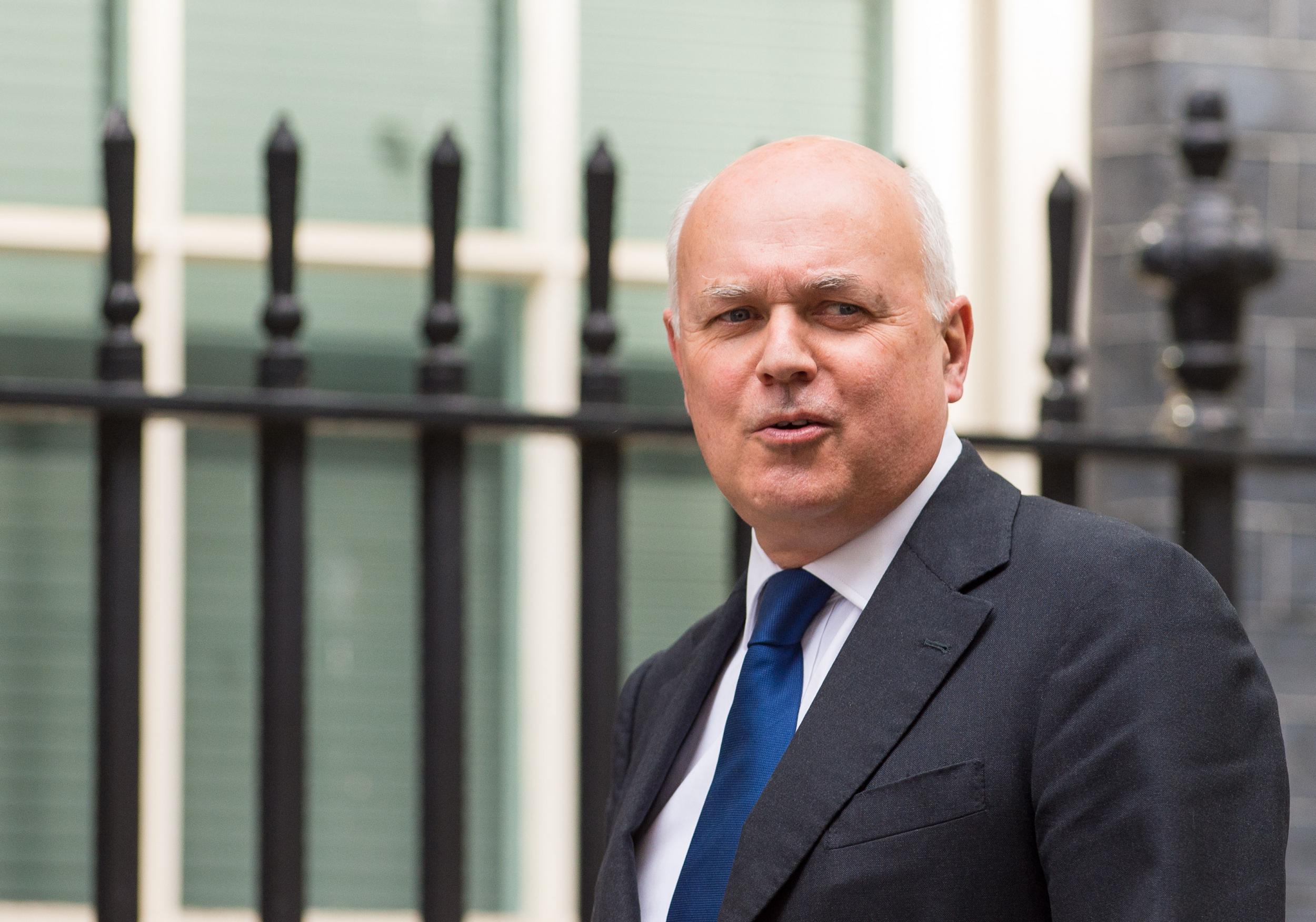Iain Duncan Smith suffers major defeat as High Court rules benefit cap for carers is unlawful
Judge rules that the Work and Pensions Secretary had discriminated on the grounds of disability against unpaid carers who look after severely disabled people for more than 35 hours a week

Iain Duncan Smith has suffered a major defeat after a High Court judge ruled that his decision to include unpaid family carers in the benefit cap is unlawful.
In a highly significant judgement the High Court ruled that the Work and Pensions Secretary had discriminated on the grounds of disability against unpaid carers who look after severely disabled people for more than 35 hours a week.
The ruling applies to around 1,400 people who are in receipt of the Carers’ Allowance.
The Government included the payment in its benefit cap of £26,000 a year, which is due to fall to £20,000 next April or £23,000 for those living in London.
Its failure to exempt the carers from the benefits cap amounted to “discrimination” and was not lawful, Mr Justice Collins said.
He said: “Nowhere in the impact assessments or in what was put before Parliament was the effect on the disabled of loss of family carers raised.
"It in my view should have been since it ought to have been apparent that the impact of a possible loss of a trusted family carer could be profound.
“Reconsideration will I hope be given to whether the present regulatory regime is appropriate having regard to the hardship it can and does produce.”
There was unchallenged evidence that unpaid carers "made a huge contribution to society" by saving the "staggering sum" of £119 billion each year which would otherwise require public funds.
But there was evidence that, because of the hardship produced by the cap, "carers have had to cease caring".
The judge said consideration should be given to exempting "at least individual family carers such as these claimants since these are very few and the cost to public funds if the cap is to be maintained is likely to outweigh to a significant extent the cost of granting the exemption."
The ruling was a victory for two families who brought test case challenges and told the court of the "devastating impact" the cap had had on them.
Join our commenting forum
Join thought-provoking conversations, follow other Independent readers and see their replies
Comments
Bookmark popover
Removed from bookmarks